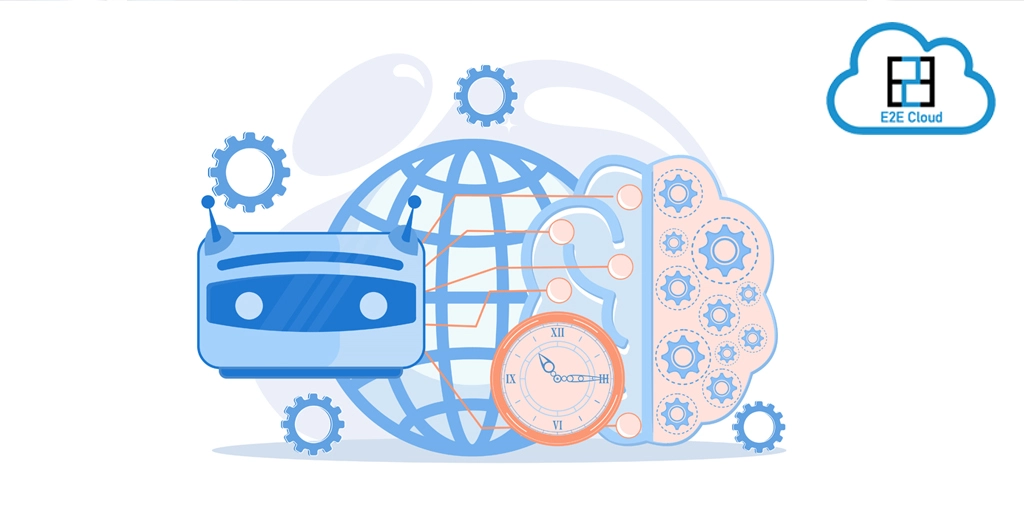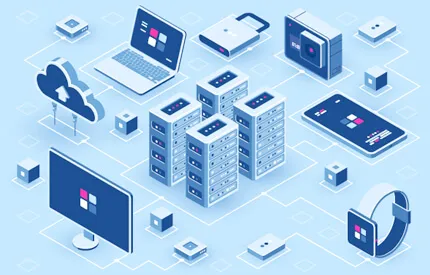Introduction
In the era of the Covid-19 outbreak begun by the novel coronavirus, organisations and firms have instructed their employees and staff to work from home. It also raised the use of cloud services with more remote access from different parts of the world. The inclusion of the cloud into businesses and organisations aid in the smart use of technology. The use of cloud computing rose to 37 per cent, i.e., $29 billion, during the first quarter of 2020. This trend is more likely to persist in 2021 and the years ahead.
But this technological preference needs to take care of certain aspects. The vast amount of cloud data-at-rest or in-transit attracts potential hackers to lurk around for data breaches. Therefore, every organisation should know the whereabouts of data and its security measures. This article will provide you with a few tips your business can render to ensure data security in your cloud.
- Choose your cloud provider carefully: While choosing your cloud service provider, you must look for a tailored approach rather than an all-in-one spot. E2E Cloud provides cloud services where you can change your requirements with time. Also, make sure the cloud provider takes proper care of the security threats at the data center and network level.
- Ensure local backup: During the Covid era, most activities and operations went online, and the cloud services are at utmost use. Therefore, it is essential to take precautionary measures toward cloud data security. Since information is the most valuable asset an IT organisation holds, local backup of the cloud data is crucial. Losing data files could significantly lead to financial loss and hamper the business in the long run.
- Use cloud services with the latest encryption standards: One of the simplest ways to protect your data-in-transit and data-at-rest, along with preserving data privacy, is to look for cloud services that offer encryption for your data. Encryption of data before uploading or while storing it in the cloud creates an additional layer of security. Cryptographic methods not only protect your data from cybercriminals but also create an added security layer for administrators and service providers. It is called the ‘Zero-knowledge Proof’ cryptographic method, where the data decryption will require to grant access and access privileges. Therefore, choose a service provider that keeps data encryption as a top prerequisite.
- Avoid storing sensitive information on premise: Many recommendations talk about not storing highly-sensitive data on premise. Misuse of data is one part of the story—a more dire consequence is losing all essential data from your end. Loss of files and delicate information like intellectual property (IP), valuable client designs, closed-source projects with their codes, etc., can lead to grim trouble for the firm. Various firms and MNCs have had to face legal issues because of this. So, try to avoid storing sensitive data on premise. Better store it on cloud with SSH access enabled and access allowed only through VPN
- Read the service level agreement: If you are new or doubt about which cloud provider to choose or how different cloud services work, don’t hesitate to ask and read the service level agreement. It might seem hard and tedious to go through these volumes of documents. But these documents might contain useful information that you are looking for and might benefit you in understanding cloud operations.
- Read the service level agreement: If you are new or doubt about which cloud provider to choose or how different cloud services work, don’t hesitate to ask and read the service level agreement. It might seem hard and tedious to go through these volumes of documents. But these documents might contain useful information that you are looking for and might benefit you in understanding cloud operations.
- Additional security measures: Suppose you have a strong password, and your encryption standards are up to the mark. Even then, there is a chance your data might get corrupted. Internal threats are common in organisations. Employees may intentionally or accidentally upload files that may contain malware. Such malware-blended data might corrupt all your cloud data. It can also cause unreliability and lack of data availability for the users who want to access these data. Thus, your cloud should contain antivirus programs, anti-malware programs, admin controls, etc., to secure your data from such malicious attack vectors. A secure cloud provider will always have the right and additional security tools and functionalities to handle privilege controls over data.
Conclusion
While cloud comes with multiple benefits, security is a grave concern. When most of the functions are done online and work from home has become the new normal, having proper security protocols and measures for protecting your data in the cloud place should be a priority for business owners and cloud service users. E2E Cloud provides different cloud services with all the latest and advanced security measures to help your company scale to newer heights of cloud data protection.
Signup here for a free trial:- https://bit.ly/2PIgNLO










